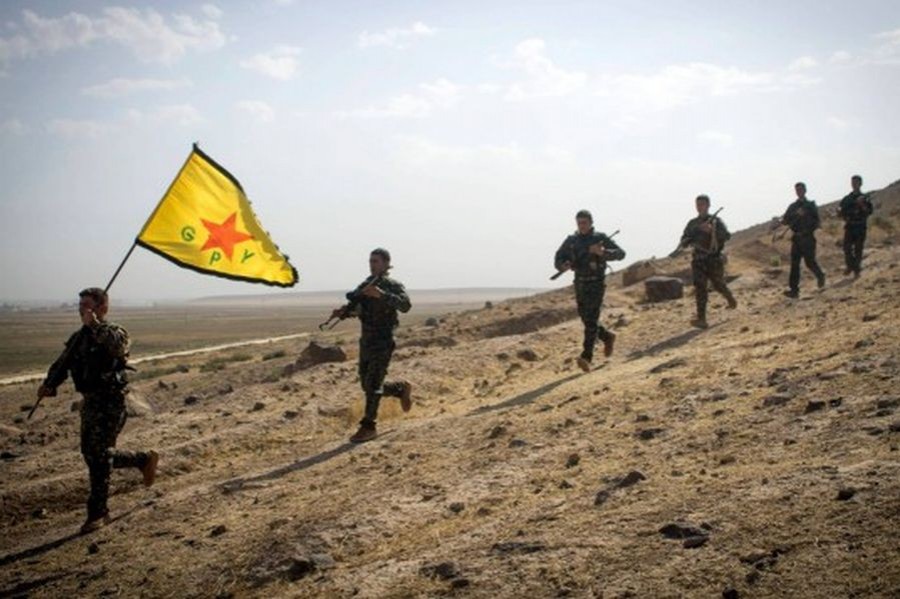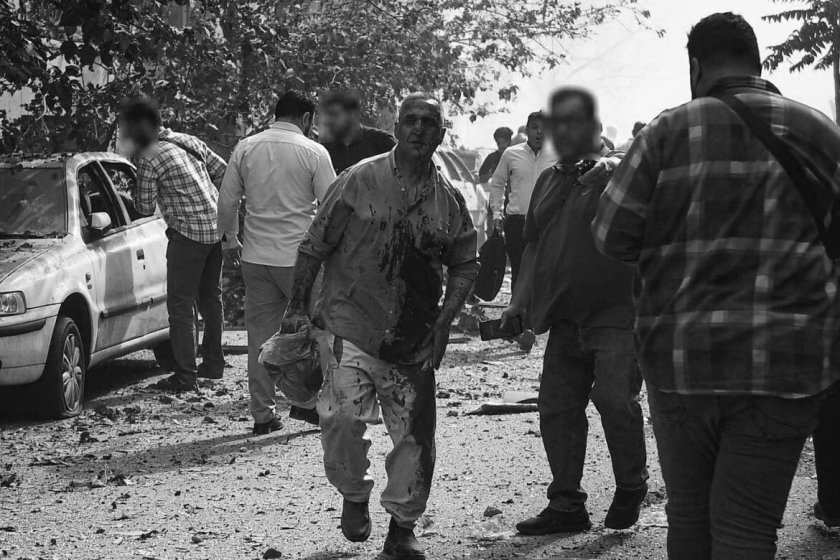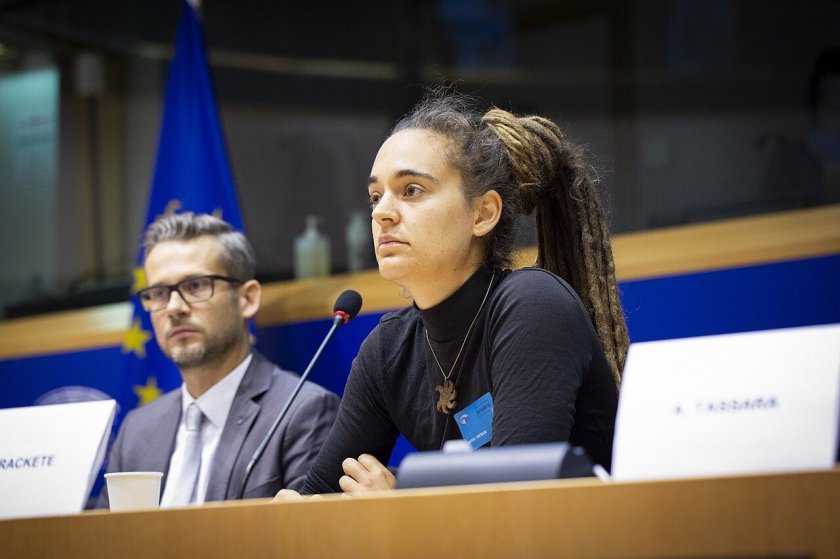US begins arming YPG for Raqqa assault
The United States began shipping weapons to YPG forces in Syria, despite objections from Turkey.

The United States started distributing rifles, ammunition and vehicles to the Kurdish People’s Protection Units (YPG), about three weeks after U.S. President Donald Trump approved arming the group. The YPG make up about half of the Syrian Democratic Forces, the U.S. -backed militia force charged with destroying ISIS in Syria.
The move has potential to further enflame tensions between the United States and Turkey, who considers YPG a “terrorist organisation” closely associated with PKK. The United States considers PKK a “terrorist group”, but top American officials have consistently said they have observed no evidence that YPG is any threat to Turkey.
Turkey’s President Tayyip Erdoğan called Trump’s May 8 decision to provide military equipment to YPG – made just days before the Turkish president visited Washington – “unacceptable.”
Turkey is a member of the more than 60 nation anti-ISIS coalition, and is home to Incirlik Air Base, which U.S. and other coalition warplanes use to fly missions against ISIS.
{{320534}}
{{320451}}
Eric Pahon, a spokesman for the Defense Department, on Tuesday said YPG was only receiving basic military gear, and any equipment provided in the future would be based on “specific military objectives.”
“Our goal is to issue this stuff strictly on an as-needed basis,” he said. “We are confident that we can monitor the equipment we are issuing to ensure it is only used against ISIS.”
The Pentagon has not provided a detailed list of the gear it will provide to YPG. Generally, Pahon said, the Kurdish fighters would receive rifles, machine guns, personal protective equipment and armored vehicles such as Guardian armored personnel carriers and bulldozers. YPG is not expected to receive advanced shoulder-fired missile systems.
The Syrian Democratic Forces, aided by U.S. special operations advisers and coalition air power, have retaken vast swaths of land across northern Syria from ISIS since the United States began backing them in 2015.
In addition to YPG, SDF includes Syrian Arabs, Christians and Turkmen. It has nearly surrounded Raqqa and, in at least one unspecified area, moved to within about four kilometres of the city that ISIS has held for more than three years, according to Navy Capt. Jeff Davis, another Pentagon spokesman. (EVRENSEL DAILY)
Forwarding to the next article...
10 seconds remaining






Follow Evrensel